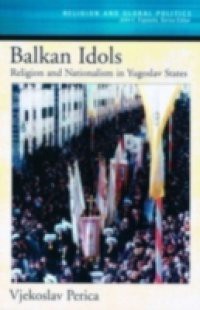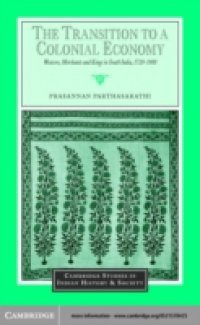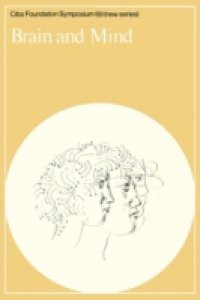Reporting from the heartland of Yugoslavia in the 1970s, Washington Post correspondent Dusko Doder described a landscape of Gothic spires, Islamic mosques, and Byzantine domes. A quarter century later, this landscape lay in ruins. In addition to claiming tens of thousands of lives, the former Yugoslavias four wars ravaged over a thousand religious buildings, many purposefully destroyed by Serbs, Albanians, and Croats alike, providing an apt architectural metaphor for the regions recent history. Rarely has the human impulse toward monocausality--the need for a single explanation--been in greater evidence than in Western attempts to make sense of the countrys bloody dissolution. From Robert Kaplans controversial Balkan Ghosts, which identified entrenched ethnic hatreds as the driving force behind Yugoslavias demise to NATOs dogged pursuit and arrest of Slobodan Milosevic, the quest for easy answers has frequently served to obscure the Balkans complex history. Perhaps most surprisingly, no book has focused explicitly on the role religion has played in the conflicts that continue to torment southeastern Europe. Based on a wide range of South Slav sources and previously unpublished, often confidential documents from communist state archives, as well as on the authors own on-the-ground experience, Balkan Idols explores the political role and influence of Serbian Orthodox, Croatian Catholic, and Yugoslav Muslim religious organizations over the course of the last century. Vjekoslav Perica emphatically rejects the notion that a clash of civilizations has played a central role in fomenting aggression. He finds no compelling evidence of an upsurge in religious fervor among the general population. Rather, he concludes, the primary religious players in the conflicts have been activist clergy. This activism, Perica argues, allowed the clergy to assume political power without the accountablity faced by democratically-elected officials. What emerges from Pericas account is a deeply nuanced understanding of the history and troubled future of one of Europes most volatile regions.



















